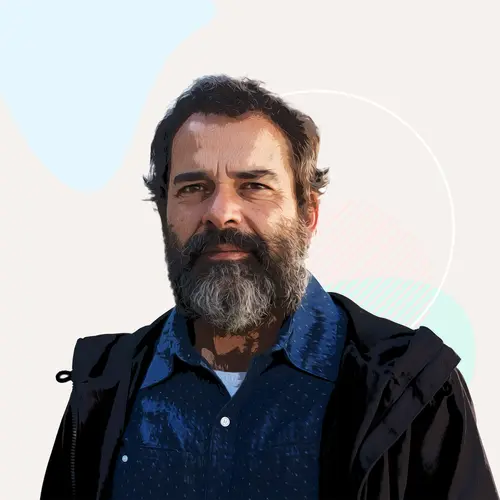After you're diagnosed with cancer, you'll spend a lot of time with your care team -- the doctors, nurses, social workers, and other professionals who will set you on a treatment path and see you through it.
It's important to find a group of providers you trust and feel comfortable with. You want people who are experts in your cancer and will look out for you throughout the process.
Members of Your Cancer Care Team
You'll meet with many different medical specialists during your diagnosis and treatment, including some of these types of professionals:
- Anesthesiologist: A doctor who gives you medicine to relieve pain or put you to sleep if you have surgery
- Case manager: Usually a nurse or nurse specialist who oversees your care, answers questions, and helps you navigate your health insurance coverage
- Genetic counselor: Can help you learn your odds of getting cancers that run in your family. They can also help you decide if you or your loved ones should get tested for cancer genes.
- Nutritionist/dietitian: Helps you figure out how to plan meals and get the nutrition you need during your cancer treatment
- Occupational therapist: Teaches you easier ways to tackle day-to-day activities, like tips to simplify cooking, work, and other tasks
- Oncology clinical nurse specialist: A registered nurse who is specially trained to care for people with cancer
- Oncology social worker: Offers counseling and resources to help you manage your finances, work, child care, and other personal issues related to your cancer treatment
- Oncologist: A doctor who treats cancer. They might specialize in treating the disease with medicine, radiation, chemotherapy, or surgery
- Palliative care specialist: Doctors, nurses, or pharmacists who treat the symptoms of cancer, like pain, fatigue, or nausea, to make you more comfortable
- Pathologist: A doctor who diagnoses cancer with lab tests and by looking at cells and tissues under a microscope
- Physical therapist: Uses exercises and other techniques to help you keep up your muscle strength and mobility during treatment
How to Choose a Doctor and Hospital
The leader of your care team is your oncologist. It’s a good idea to take the time to find one you trust and want to work with. Your primary care doctor may be able to refer you to one or two. Or you can check with your insurance company for a list of covered providers.
Once you have some names, find out more about them. Interview two or three doctors until you find one who is a good fit. You can ask the doctors these questions:
- “What types of cancers do you specialize in?" Ideally, you want someone who treats a lot of people with your type of cancer.
- “Are you board-certified in medical oncology?” This means the doctor has had extra training in oncology and meets certain standards of care. Medical oncology covers many different types of cancers such as lung, breast and gastrointestinal.
- “How many years have you been in practice? How many people with this type of cancer have you treated?” The more experience the doctor has with your cancer, the better.
- “Are you involved in clinical trials?” A trial is a way for researchers to see how well new drugs work. They can be a backup plan if standard treatments don't work for you.
- “Who else is on your care team?” The doctor should have a staff that includes at least a nurse and social worker. Make sure you're comfortable with everyone who will treat you.
- "What other types of (cancer) physicians do you work with?" "Are you part of a health care system?" "Do you refer to a health care system or to individual practices and/or doctors?" "Do you have surgeons and radiation oncologists that you regularly work with?"
- “Which hospital(s) are you affiliated with?” You might want to work backward and start by choosing a good cancer center. Then ask for a doctor who works in that center.
- “Do you accept my health insurance?” If the answer is no, and you still want to see the doctor, you'll need to figure out how to handle your treatment costs.
Check that the hospital where you'll receive care has expertise and a good reputation for treating your cancer. If you live in a small town, you might have to travel to a bigger city to find a good hospital, especially if you have a rare cancer.
The hospital you choose should:
- Be approved by the Commission on Cancer (CoC) program of the American College of Surgeons or be a National Cancer Institute Cancer Center. This means the hospital offers the latest diagnostic techniques and treatments.
- Have a unit where the doctors and nurses are trained to treat people with cancer
- Offer all the services you'll need, including lab tests, rehabilitation, surgery, and chemotherapy or radiation
- Run clinical trials you can join, or be able to refer you to another hospital with ongoing research studies
Experience is important in a doctor, but so is how they treat and interact with you. Think about these questions when you choose the head of your treatment team:
- Are you more comfortable if your doctor is male or female?
- Do you need someone who can speak a language other than English?
- Do you want a doctor who is kind and caring, or serious and professional?
- Do you need the doctor to be available after hours by phone or email?
It's also good to have another doctor on standby. You might want a second opinion if you're unsure about the first doctor's diagnosis or treatment plan.

